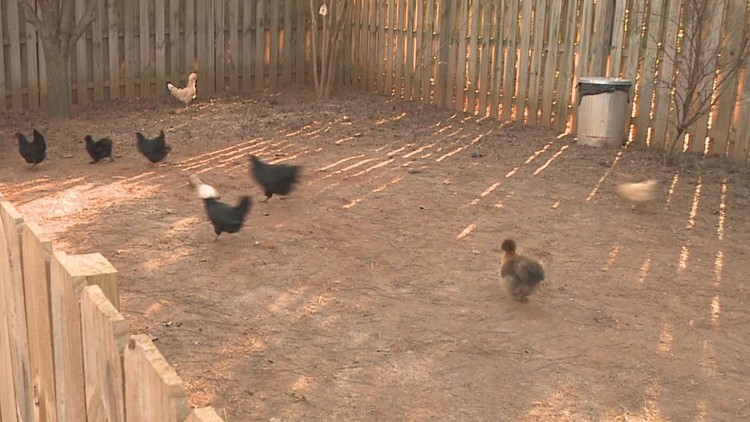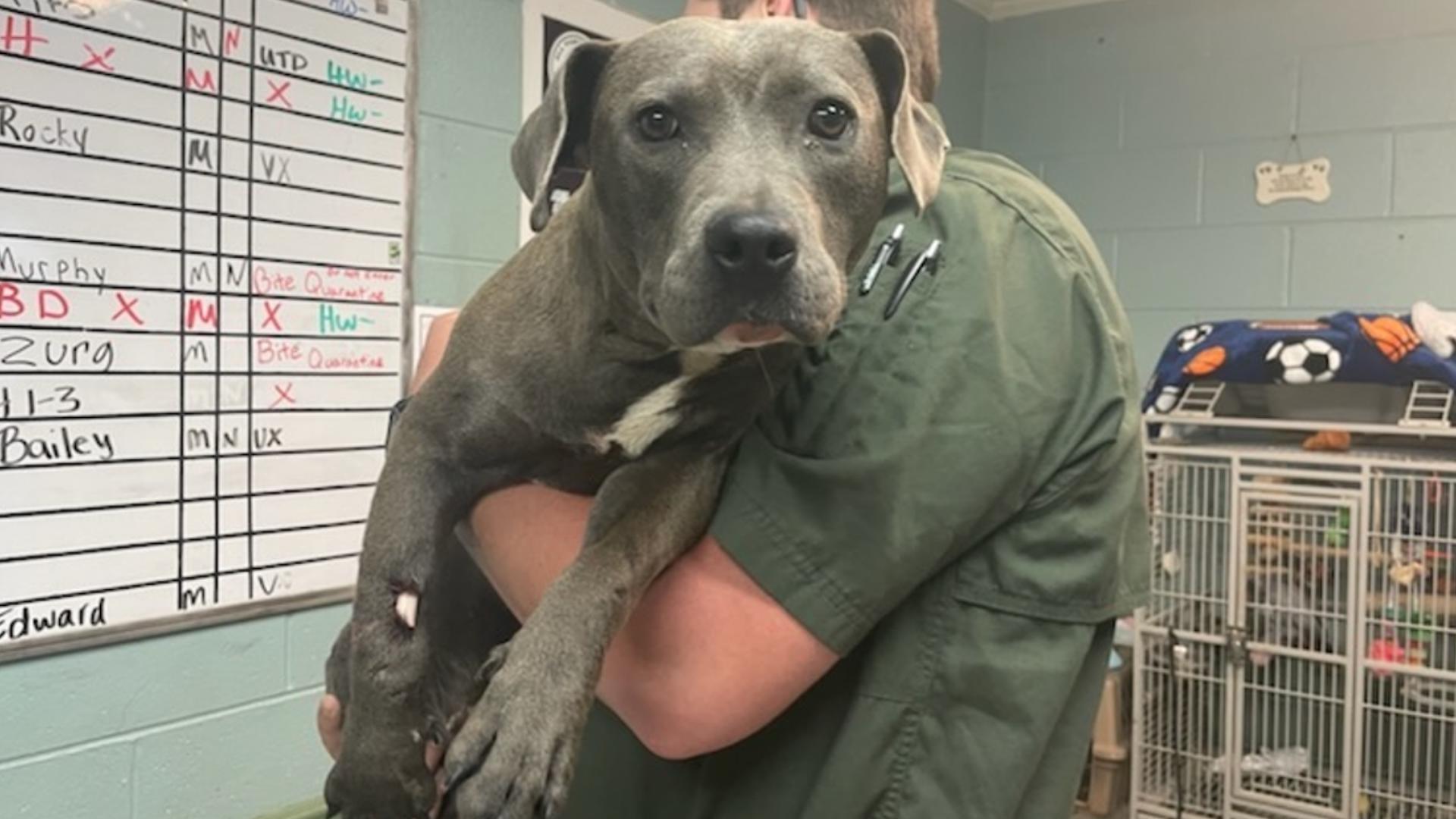The Centers for Disease Control and Prevention says a growing trend of people raising backyard chickens coincides with more Salmonella infections than any time in recorded history.
The CDC states, "As raising backyard flocks becomes more popular, more people are having contact with chickens and ducks – and may not know about the risk of Salmonella infection."
Though they may appear healthy, they could be carrying dangerous bacteria.
In 2017, the CDC has investigated 10 separate multistate outbreaks of infections from people who had contact with the live poultry in backyard flocks. Between January 4 to September 22, 249 people were hospitalized and in North Carolina, one person died.
"The outbreak strains of Salmonella-infected a reported 1120 people in 48 states and the District of Columbia," the CDC writes.
Georgia has had 18 cases so far this year.
In recent years, cities and counties have passed legislation opening the doors for residents to keep chickens in their back years.
In 2013, Cobb County passed a law that would allow residents who live on less than 2 acres to have chickens without getting county approval.
Alisa Terry and her children have 17 hens and a rooster on their Cobb County property. They bought extra land to meet the two-acre requirement to legally have poultry.
"The eggs are the biggest benefit and the biggest reason we have them," Terry said. "They feed us."
The chickens add to their family dynamic, she said.
"They're really fun to watch," she said. "They are super entertaining and they have personality."
The Terrys said they follow the recommended CDC guidelines and said they've never had a Salmonella infection.
"Anytime the kids touch a chicken they have to wash their hands," Terry said. "We assume the chickens have diseases that we don't want -- that's what we tell our kids."
A former cell biologist, Terry said she's always cautious.
"You can not see salmonella," she said. "It's not like the chicken looks sick, so we're just careful all the time."
The CDC offers guidance for people coming in contact with live poultry.
- Always wash hands thoroughly with soap and water right after touching live poultry or anything in the area where the birds live and roam.
- Adults should supervise hand washing for children.
- Do not let live poultry inside the house.
- Do not let children younger than 5 years handle or touch chicks, ducklings, or other live poultry without adult supervision.



